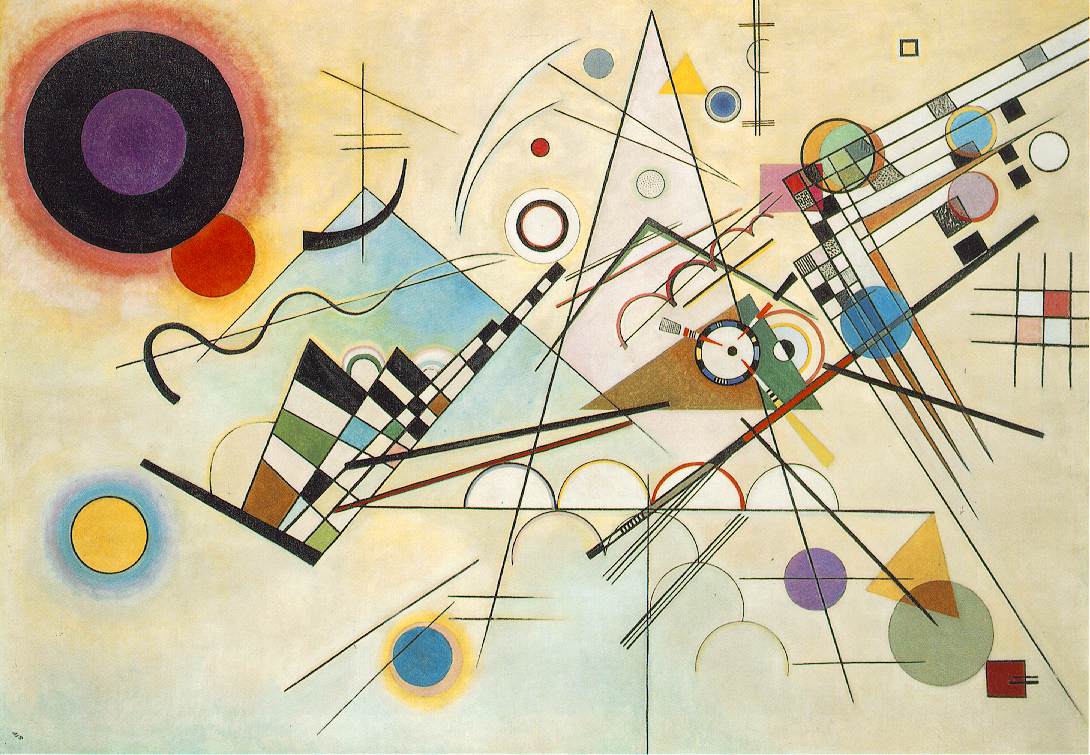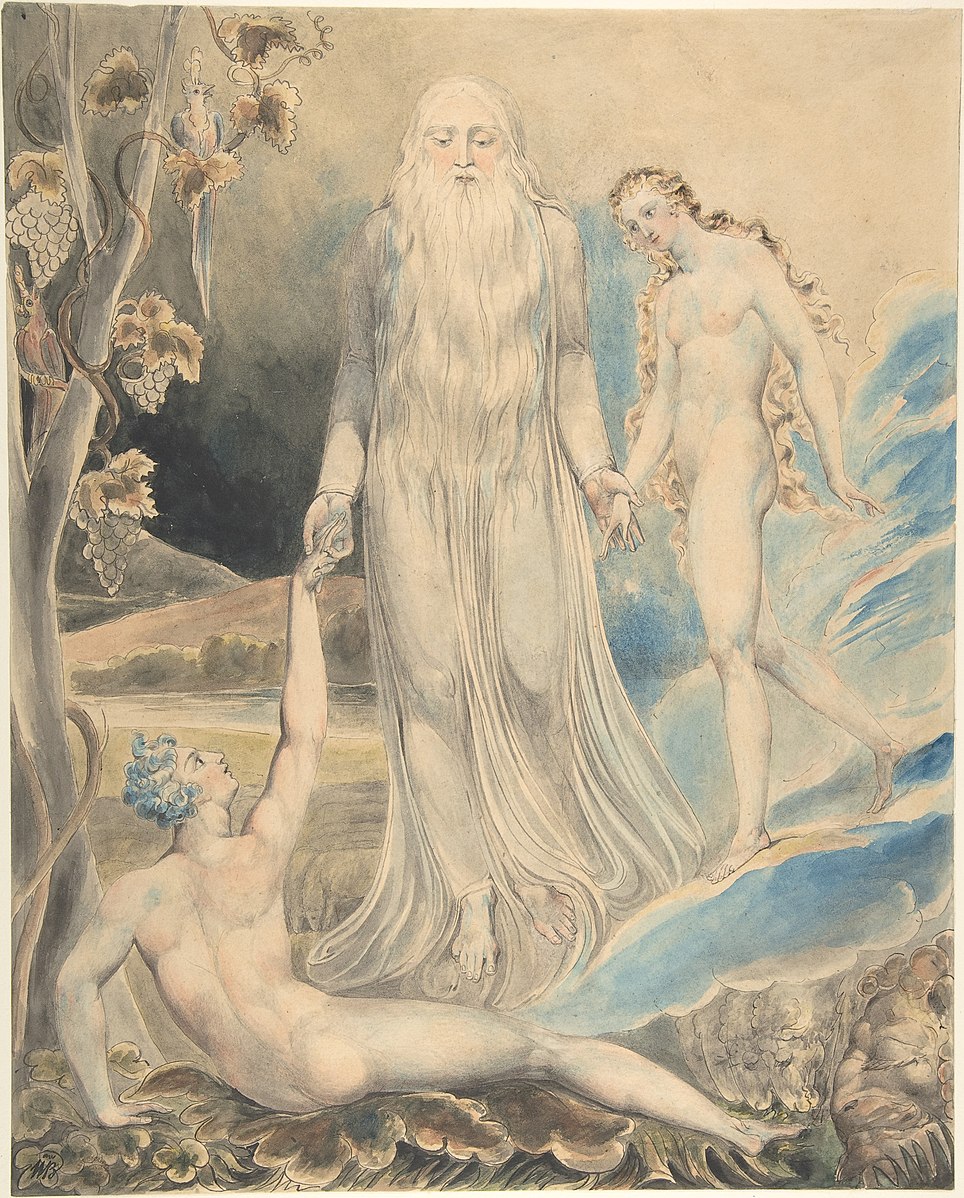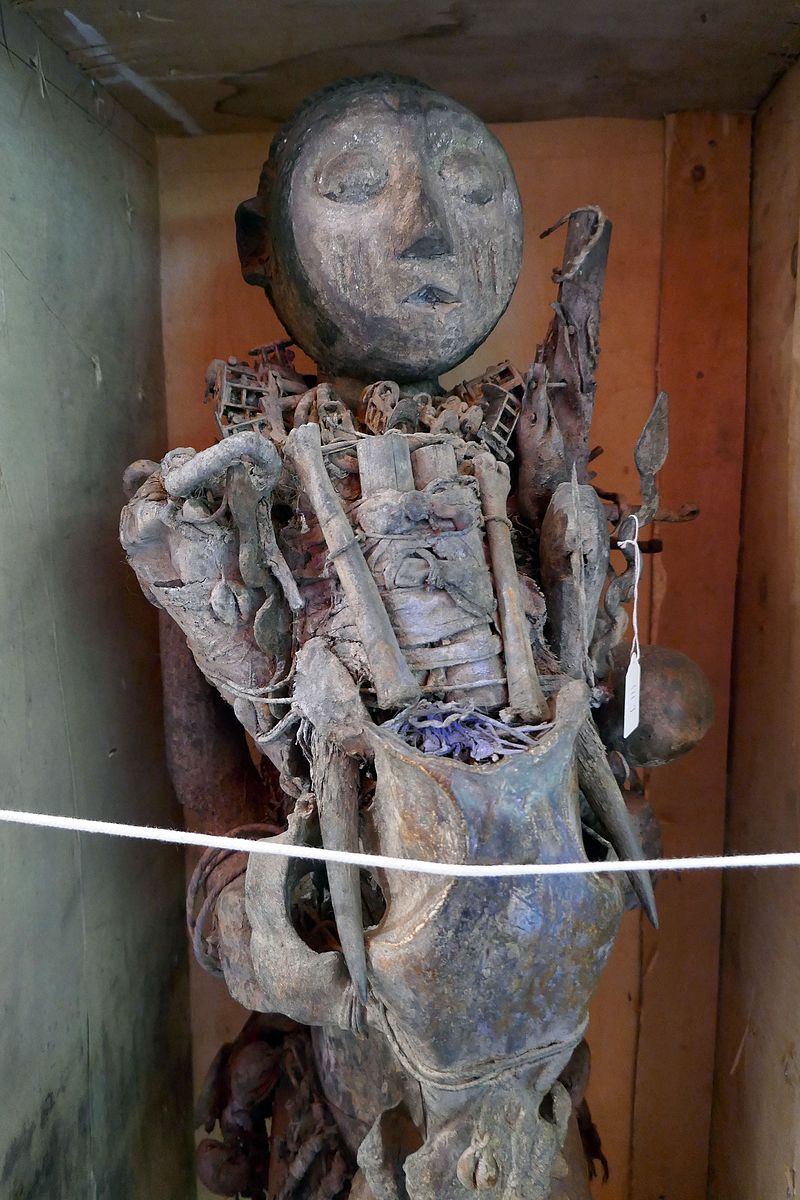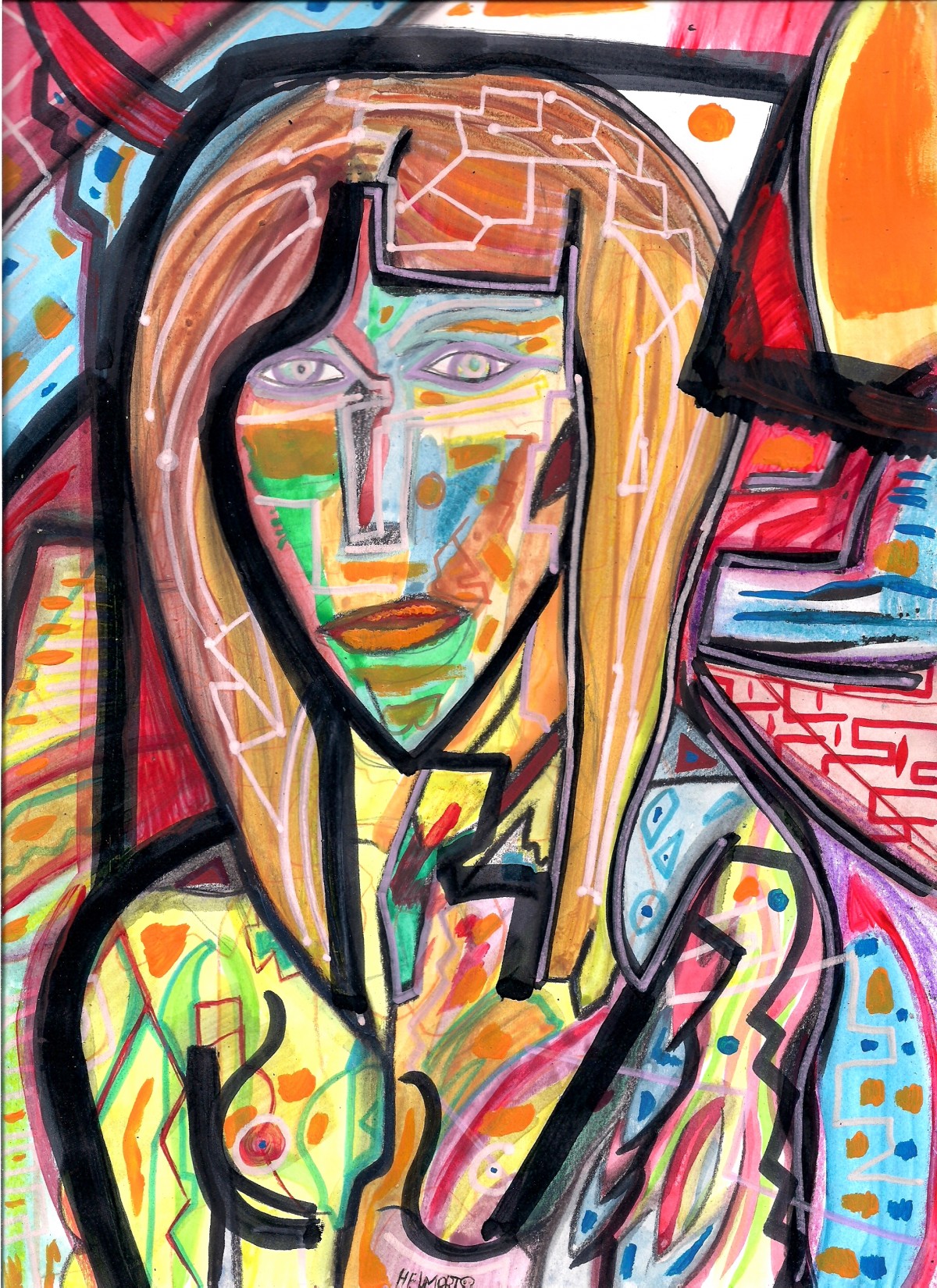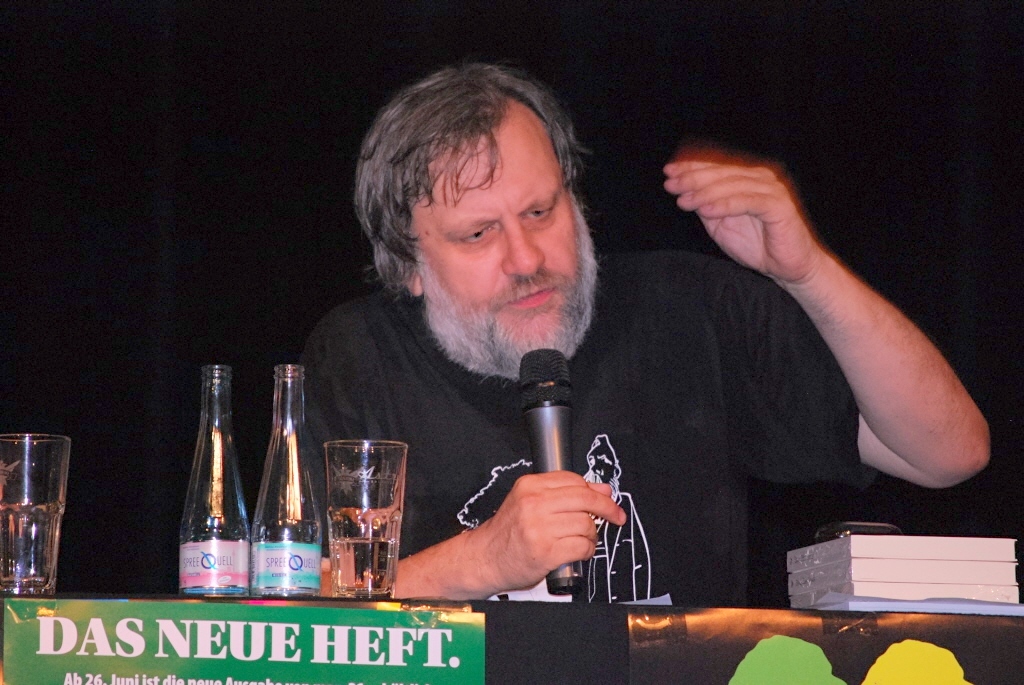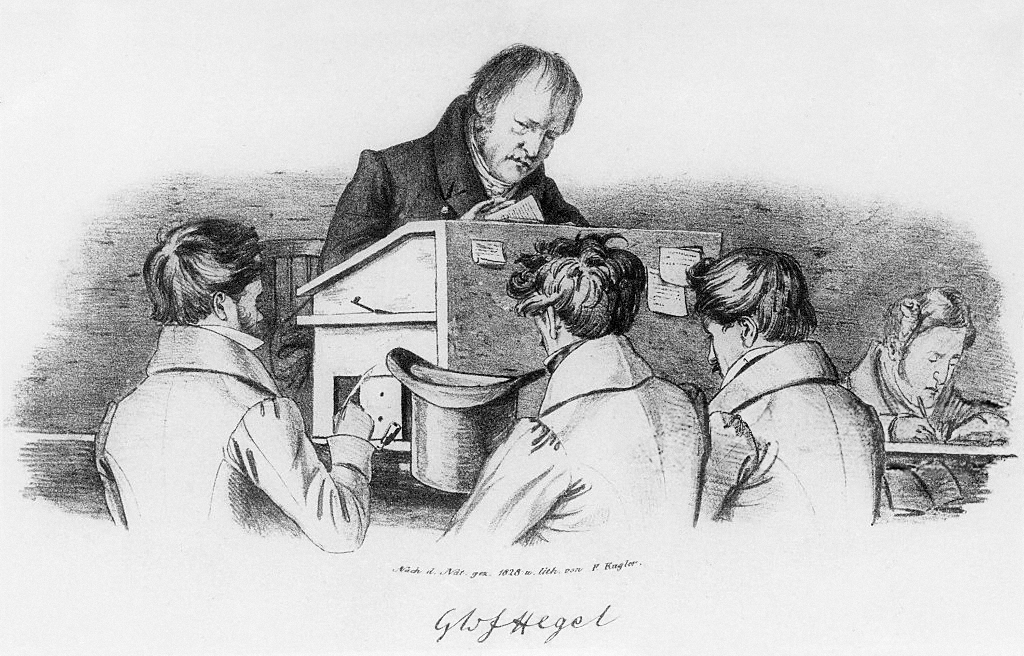Translated by Jason Alvis I. That which forbids the question Of that which we cannot speak, must we remain silent? Probably—especially if we understand why we cannot say anything about it, and have good reason for not speaking. If there is no good reason to talk about it, then we should stay silent. Yet without […]
Author: editors_religioustheory
Speaking Of God’s Presence As Non-Contrastive Transcendent Distinction (Joyce Konigsburg)
To speak or not to speak of God is an important yet rather uncomfortable question that participants encounter during interreligious and interdisciplinary dialogue. Several Eastern religions, philosophers, and scientists claim God is either non–existent, absent, or “dead” in relation to the cosmos. Conversely, other faiths believe God’s absolute presence embraces everything. For Abrahamic traditions, God […]
Fetishism And The Erasure Of Identity, Part 2 (Roger Green)
The following is the second of a two-part series. The initial installment can be found here. Although we must constantly remember that the fetish is the product of European imagination, the taking-up of the concept by postcolonial thinking also informs important ways to think about race and religion. The “middle finger” of the fetish has […]
Fetishism And The Erasure Of Identity, Part 1 (Roger Green)
The following is the first of a two-part series. The second installment can be found here. The concept of fetishism has a special place within the long history of genocide against the Indigenous peoples of the Americas. In one way, pursuing the concept acts as a diversion from Indigenous peoples because it acts as a […]
Kenosis, Emancipation, Pastness – Reflections From A Jew, Part 2 (Sarah Pessin)
Emphasized in a temporalized modality, and bringing together elements of our phenomenological and political reflections above, we may specifically unpack the hegemony of White Christianity as a blow against pastness: Where pastness signals the facts and facticity of a fettered social and historical situation (with parameters imposed from outside, a need to escape those parameters […]
Kenosis, Emancipation, Pastness – Reflections From A Jew, Part 1 (Sarah Pessin)
The following is the first of a two-part installment. This article can also be downloaded in PDF format from the Spring 2019 issue (Vol. 18, No. 2) of the Journal for Cultural and Religious Theory. Claustrophobia at the Christian Table This essay is in the broadest sense a reflection on the possibilities (or impossibilities) of […]
The “New Hegel” And The Question Of God, Part 3 (Gavin Hyman)
The following is the last installment of a three-part series. The first one can be found here. The second one can be found here. As Thomas A. Lewis reminds us, the terms ‘God’, ‘spirit’ and ‘Absolute’ are synonymous for Hegel, the specific word used being dependent on the context in question (religion, philosophy and generic, respectively). […]
The “New Hegel” And The Question Of God, Part 2 (Gavin Hyman)
The following is the second installment of a three-part series. The first one can be found here. II Slavoj Žižek’s return to God in the context of his wider return to Hegel is in some ways markedly distinct and in some ways surprisingly close to that of Williams. On the one hand, Žižek’s return to […]
The “New Hegel” And The Question Of God, Part 1 (Gavin Hyman)
The following is the first installment of a three-part series. Among recent developments in continental philosophy and religious thought, one of the most prominent has been a ‘return to Hegel.’ It has been exemplified in the work of Slavoj Žižek, Beatrice Longuenesse, Catherine Malabou and Rebecca Comay, as well as that of a younger generation […]
From Kant to Hölderlin – Poetry And Religion In The Wake Of Philosophical Aesthetics, Part 3 (Jakob Deibl)
The following is the second installment of a three-part series. The first one can be found here, the second one here. Translated by Philipp Schlögl. Poetry and Religion: Fragment of Philosophical Letters 1) In the Fragment of Philosophical Letters, Hölderlin defines this character of repetition more precisely, which proves to be central to his understanding of religion. In […]
